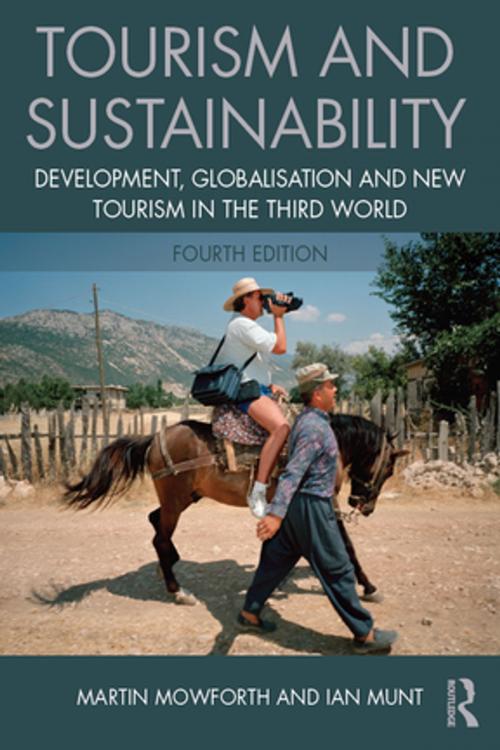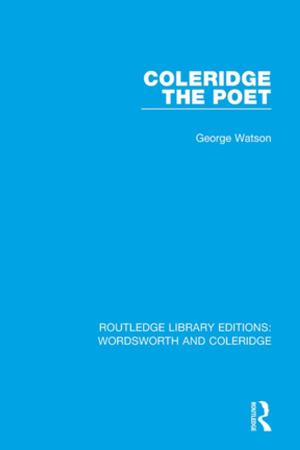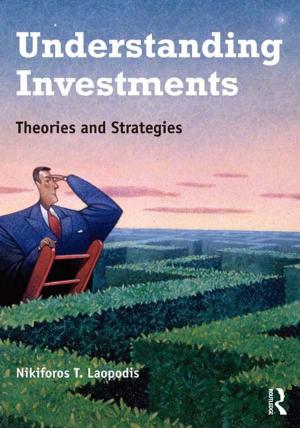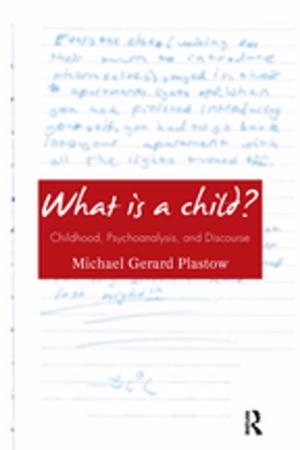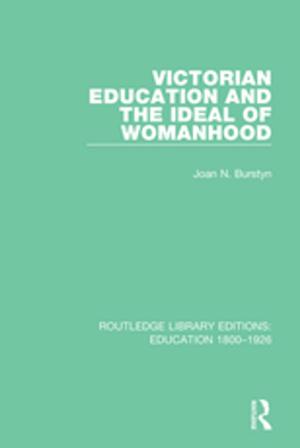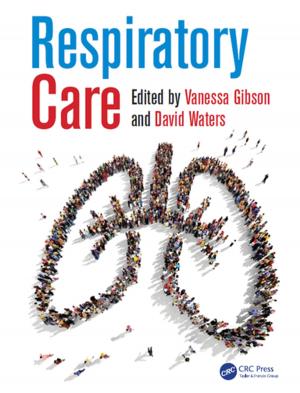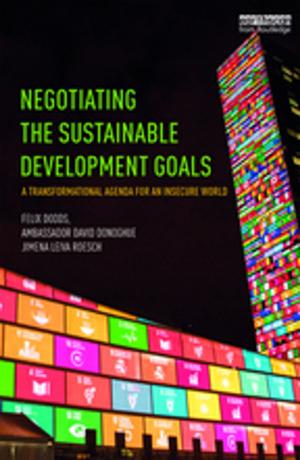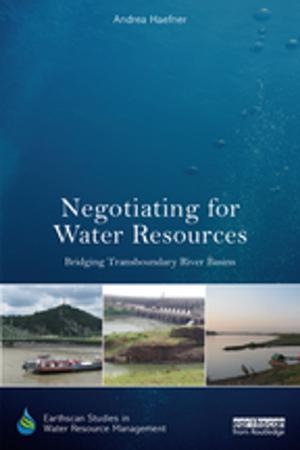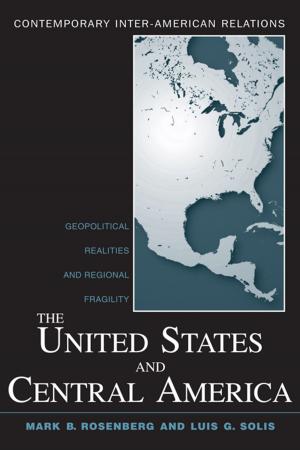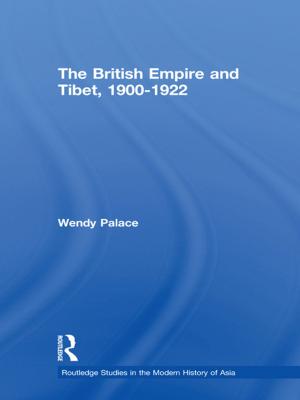Tourism and Sustainability
Development, globalisation and new tourism in the Third World
Nonfiction, Science & Nature, Science, Earth Sciences, Geography, Social & Cultural Studies, Social Science, Human Geography, Travel| Author: | Martin Mowforth, Ian Munt | ISBN: | 9781317747222 |
| Publisher: | Taylor and Francis | Publication: | December 22, 2015 |
| Imprint: | Routledge | Language: | English |
| Author: | Martin Mowforth, Ian Munt |
| ISBN: | 9781317747222 |
| Publisher: | Taylor and Francis |
| Publication: | December 22, 2015 |
| Imprint: | Routledge |
| Language: | English |
By January 2015 the world’s richest 80 people had as much wealth as the poorest 50 per cent of the world’s population. It is a global unevenness through which the barriers to in-migration of Third World migrants to wealthy First World nations go ever higher, while the barriers to travel in the reverse direction are all but extinct.
So how exactly does tourism contribute to narrowing this glaring inequality between the rich and poor? Are ever-expanding tourism markets a smoke-free, socioculturally sensitive form of human industrialisation? Is alternative tourism really a credible lever for reducing global inequality and eliminating poverty?
Tourism and Sustainability critically explores the most significant universal geopolitical norms of the last half century – development, globalisation and sustainability – and through the lens of new forms of tourism demonstrates how we can better get to grips with the rapidly changing new global order. The fourth edition has been extensively revised and updated, and benefits from the addition of new material on climate change and tourism.
Drawing on a range of examples from across the Third World,Mowforth and Munt expertlyillustrate the social, economic and environmental conditions that continue to affect the tourism industry. With the first edition hailed by Geoffrey Wall as ‘one of the most significant books produced on tourism [since the turn of the millennium]’, Tourism and Sustainability remains the essential resource for students of human geography, environmental sciences and studies, politics, development studies, anthropology and business studies as well as tourism itself.
By January 2015 the world’s richest 80 people had as much wealth as the poorest 50 per cent of the world’s population. It is a global unevenness through which the barriers to in-migration of Third World migrants to wealthy First World nations go ever higher, while the barriers to travel in the reverse direction are all but extinct.
So how exactly does tourism contribute to narrowing this glaring inequality between the rich and poor? Are ever-expanding tourism markets a smoke-free, socioculturally sensitive form of human industrialisation? Is alternative tourism really a credible lever for reducing global inequality and eliminating poverty?
Tourism and Sustainability critically explores the most significant universal geopolitical norms of the last half century – development, globalisation and sustainability – and through the lens of new forms of tourism demonstrates how we can better get to grips with the rapidly changing new global order. The fourth edition has been extensively revised and updated, and benefits from the addition of new material on climate change and tourism.
Drawing on a range of examples from across the Third World,Mowforth and Munt expertlyillustrate the social, economic and environmental conditions that continue to affect the tourism industry. With the first edition hailed by Geoffrey Wall as ‘one of the most significant books produced on tourism [since the turn of the millennium]’, Tourism and Sustainability remains the essential resource for students of human geography, environmental sciences and studies, politics, development studies, anthropology and business studies as well as tourism itself.
